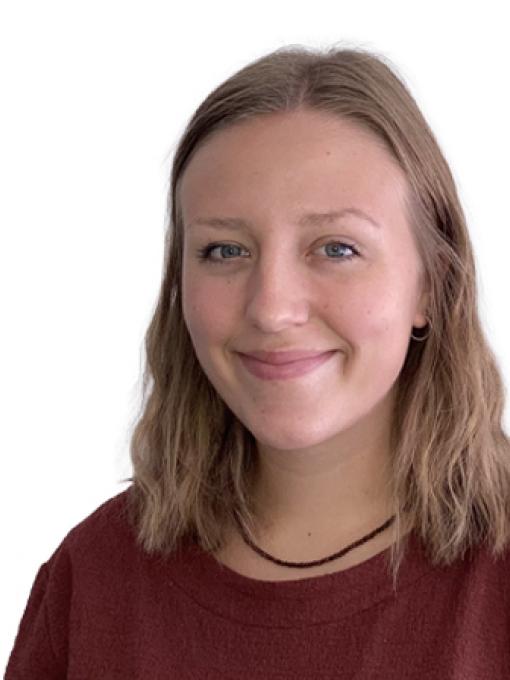Since I joined FCNL as a program assistant in September 2021, I’ve observed an aspiration to promote racial justice flowing through FCNL and the wider Quaker world. Many white Friends, myself included, are exploring how our actions uphold white supremacy. This examination is leading Friends to establish systems for addressing moments of racial harm and holding one another accountable.
Like other Friends, I see this exploration—and my striving to align my actions with my values—as central to living my faith with integrity. I cannot speak for all Quakers, nor do I pretend to be an expert on these issues. Rather, like many Friends, I am learning as I go.
Friends are waking up to the truth of Quakers’ past.
While many white Friends are just beginning this work, Friends of Color have long been saying that white supremacy is the norm within Quakerism. As Vanessa Julye said in her keynote address at Annual Meeting, “For centuries, Friends of African descent have been telling us that ‘normal’ is damaging.” Only now that many white Friends are ready to do this work is the work taking place.
Friends are waking up to the truth of Quakers’ past. Growing up, I learned that Quakers were always on the right side of history. I saw William Penn and George Fox as larger-than-life figures who valiantly advocated for justice. In reflecting on these stories of Quaker exceptionalism, I realized that the history I learned was lacking nuance, if not simply inaccurate.
Penn owned slaves, and Fox was involved in the Quaker-run slave trade in Barbados. We can’t address the ways white supremacy exists in our communities unless we, as white Friends, first acknowledge that Quaker historical figures were flawed like the rest of us.
FCNL worked to confront some of these issues in renaming the former William Penn House. By renaming this space “Friends Place,” we attempted to move into greater integrity. However, this journey towards accountability concerns not only symbols but also how we interact with one another.
Those of us with dominant identities must embrace this journey rather than allow it to make us defensive.
At Annual Meeting in November 2021, FCNL implemented a system for facilitating our interactions as a community. Process facilitators presided over gatherings and upheld the community agreement; designated listeners were there for those who experienced harm; and the “oops/ouch” tool allowed F/friends to invite accountability. If a F/friend experienced or witnessed harm, they could write “ouch” in the chat, and then the Friend responsible could acknowledge the harm by typing “oops.”
With this system in place, I noticed Friends were able to hold each other accountable without accusation. Designated listeners helped break patterns of oppression by merely holding space for people who experienced harm. Process facilitators stepped in during appropriate moments, but mostly their quiet presence alone served as a reminder to hold each other accountable with empathy.
While our worship spaces did not have process facilitators, FCNL implemented FGC’s worship-sharing guidelines to address harmful ministry. In such unstructured spaces it is our collective responsibility to step up and hold one another to account. Interrupting harmful speech is central to creating welcoming spaces, as difficult as that can be in the moment.
There is no destination for this kind of work. Those of us with dominant identities, such as myself—a white, cisgender, able-bodied woman—must embrace this journey rather than allow it to make us defensive.
I’m sure I get a lot wrong. I’m sure FCNL does as well. But by acknowledging that everyone has that of God within them, while simultaneously holding each other accountable through calling each other in and naming behaviors we notice to be oppressive, we nudge Quakerism—and the wider world—in a hopeful direction.
How is your meeting or church engaging in this work? Tell me at ehulbert@fcnl.org
